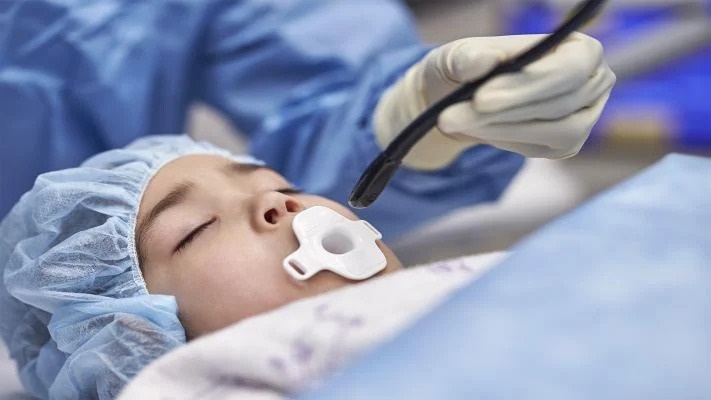Pill-Shaped Ultrasound Transducer to Benefit Pediatric Patients and Older Adults
Posted on 02 Feb 2024
Cardiovascular ultrasound, particularly using the innovative 'transesophageal echocardiography' (TEE) ultrasound transducer, has significantly advanced early diagnosis of structural heart disease. TEE has been an instrumental tool for cardiologists due to its ability to offer highly detailed images of the heart and its structures which is crucial in structural heart disease where the quality of a 3D TEE image can be life-saving. The depth and clarity of 3D images surpass those of 2D, making TEE invaluable for minimally invasive heart surgeries and procedures, revolutionizing the treatment of heart valve damage and congenital heart defects. Yet, certain patients, including small pediatric patients as light as 5 kg, adults with high complication risks, and complex cases such as ICU patients, were previously unable to benefit from this technology due to the large size of the 3D TEE transducer probe.
Now, Royal Philips (Amsterdam, the Netherlands), which pioneered the TEE ultrasound transducer technology, has developed the X11-4t Mini 3D TEE transducer. This smaller transducer expands the range of patients who can benefit from this vital imaging tool, from young children to older adults. Designed to be 35% smaller due to its pill-shaped form, Philips' new X11-4t is more easily tolerated by patients, enhancing their experience. In fact, 87% of clinical respondents believe the X11-4t may improve overall patient comfort. The Mini Live 3D TEE solution also benefits clinical staff, allowing them to treat a broader range of patients while using the familiar hand control, navigation techniques, and workflow of Philips’ EPIQ cardiac ultrasound systems. This means echocardiographers need minimal additional training to use this latest transducer.

Compatible with Philips' premium cardiology ultrasound portfolio, including the EPIQ CVx and EchoNavigator image-guided therapy solution, the new transducer supports personalized, efficient, and clinically smart cardiac care to improve outcomes and patient experiences. The device is part of Philips' portfolio that also features the VeriSight Pro – the first 3D intracardiac echocardiography catheter that miniaturizes the same 3D imaging technology behind TEE. Having received FDA 510(k) clearance, Philips’ new X11-4t Mini 3D TEE transducer is set to make 3D TEE imaging available to a wider patient group. Scheduled for commercial availability in 2024, the Philips X11-4t ultrasound transducer is also pending CE mark approval in Europe.
“As a pioneer and leading innovator in cardiac ultrasound, our 3D ultrasound technology plays a critical role in many cardiac procedures. But it was frustrating to know that there were still some patients who couldn’t benefit from this hugely beneficial approach to image the heart, and as a result, would often require a different, more invasive, treatment approach,” said David Handler, VP and General Manager for Global Cardiology Ultrasound at Philips. “That’s why we’ve developed a new, even smaller mini 3D TEE transducer that can be used to help physicians serve a wider range of patients, from small children to fragile adults. With this innovation we can help reduce the need for general anesthesia and lower the risk of complications, meaning patients may recover faster from procedures and can be discharged sooner.”













